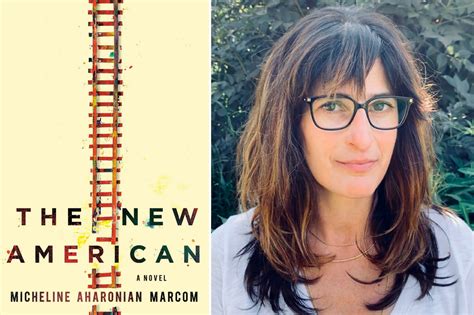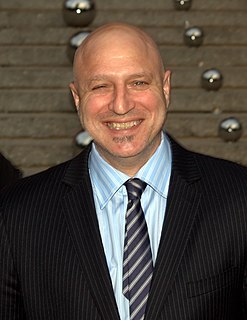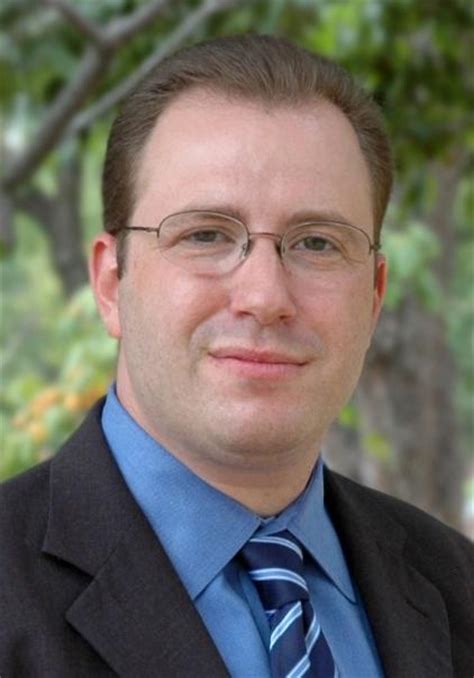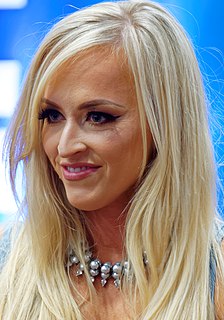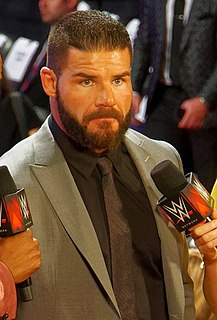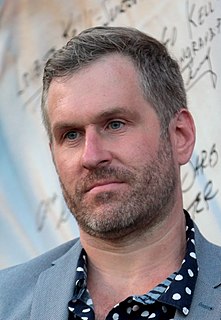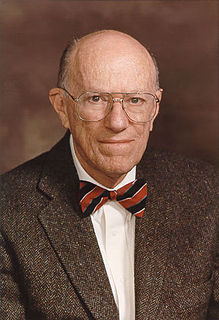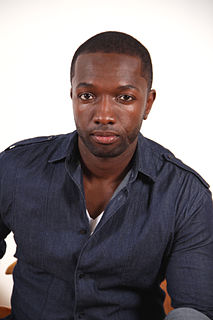A Quote by Micheline Aharonian Marcom
I began to firmly change my mind when I saw how young Egyptians used Facebook, for example, to begin to coalesce their social justice movement in their country. And a good Iranian friend of mine showed me how also in Iran, till the government shut it down, much was communicated via social media. So I'm not against. I use the internet regularly to do research. It's great but you have to use your discernment, especially if researching content.
Quote Topics
Against
Also
Began
Begin
Change
Content
Country
Discernment
Down
Example
Facebook
Firmly
For Example
Friend
Good
Government
Great
How
Internet
Iran
Iranian
Justice
Me
Media
Mind
Mine
Movement
Much
Regularly
Research
Researching
Saw
Shut
Social
Social Justice
Social Media
Till
Use
Used
Via
Young
Your
Related Quotes
The internet, like social media, seems to me to depend on how you use it, where you spend your time on it. I used to be quite anti-social media, but I can see now that it can be a good tool for artists, a way for us to speak to each other outside of standard economies and across languages and borders.
Social media is important, but it does not bring down governments. Governments can shut down the Internet. Governments can control media access. If they do what the Tunisians did and try and negotiate with the opposition, then the media's still open, the international community can learn what's happening in the country, and then that can provide inspiration. But in mid-2009, the Iranian regime just shut down the Internet. Facebook went dark. Twitter went dark. BBC Persian, Voice of America, Persian News Network all went dark. That was it.
PR got to be much bigger because of the emergence of digital media. Now we have hundreds of people who are, in a sense, manning embassies for Facebook and Twitter for brands. So the business in effect has morphed from pitching stories to traditional media, to working with bloggers, Twitter, Facebook and other social media, and then putting good content up on owned websites.
One of the most delightful parts of being a writer is connecting with people via social media. I devote ten minutes out of every writing hour to Twitter, Facebook, Goodreads, LinkedIn, Pinterest, and other sites. I don't use assistants for that. It's me and all of my friends, fans, readers, and colleagues on the crazyboat.
I want to use film to tell stories that need to be told to spark discussions that will lead to change. I really want to see a change in the mindset of youth, how they see themselves and how they value life. Young audiences will be able to see themselves in this film and older audiences will gain an understanding of what their kids are dealing with on a daily basis. Kids discuss what they see on TV, social media, film so I want to create content that they will discuss and will change the way they think.
